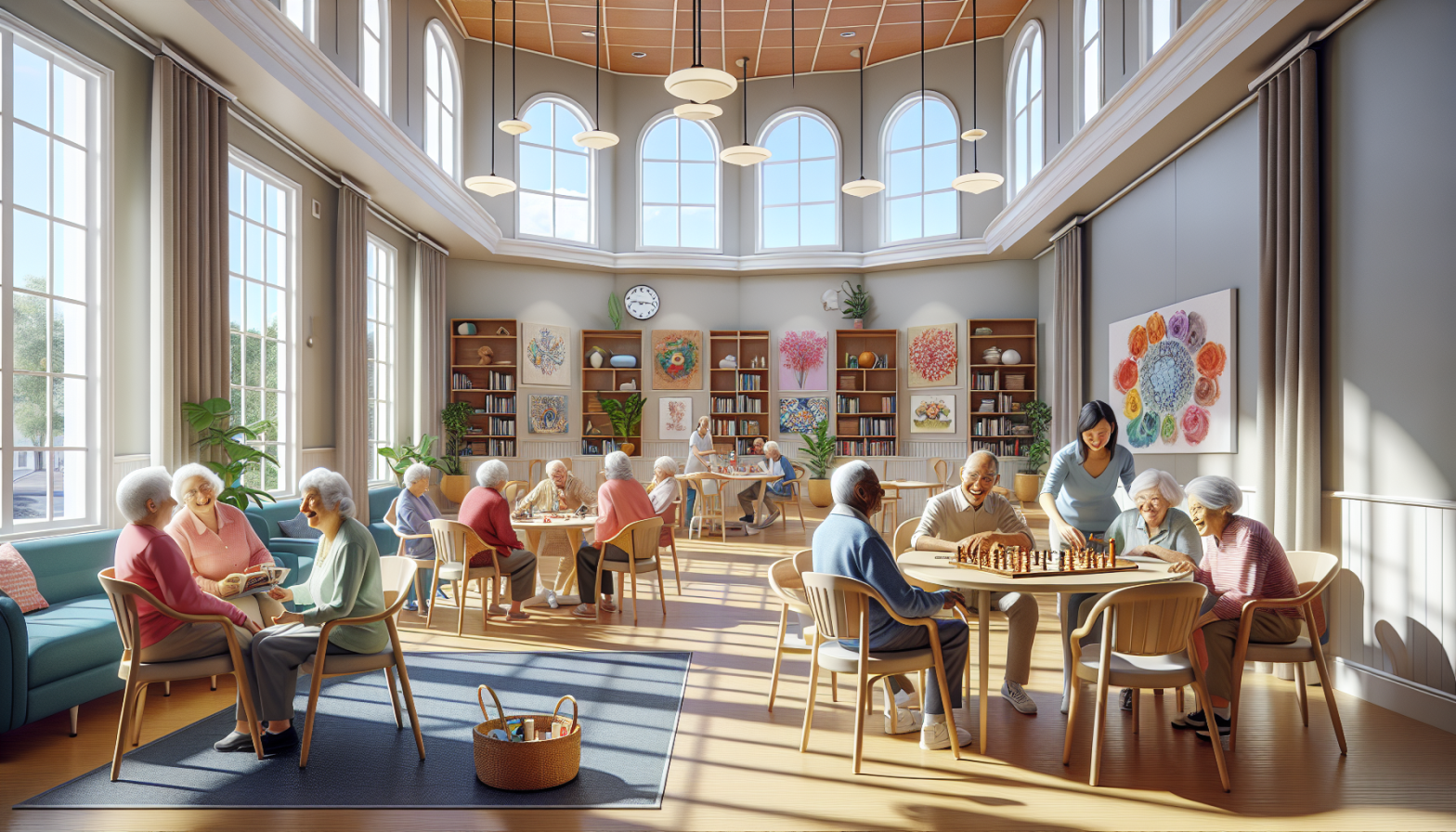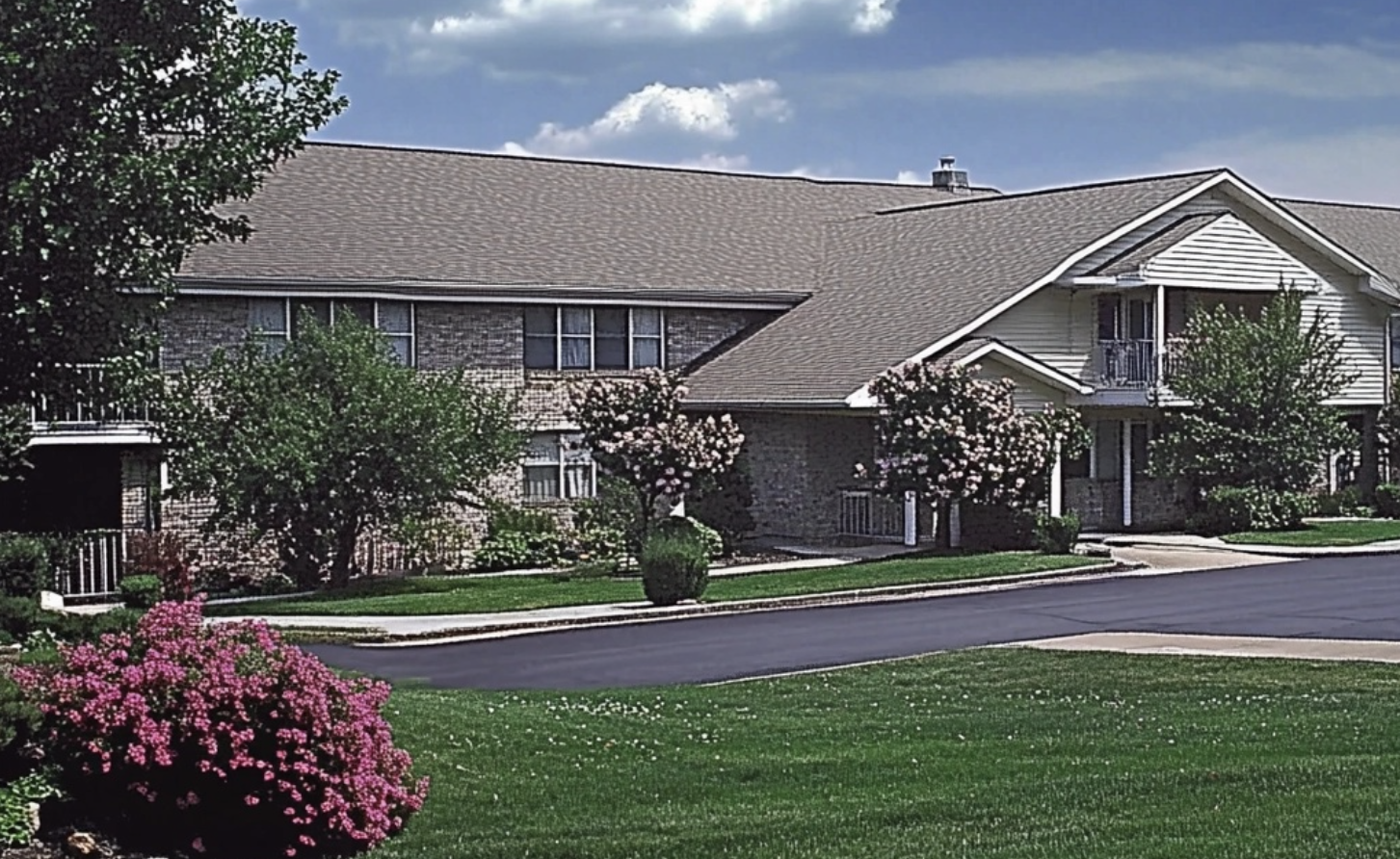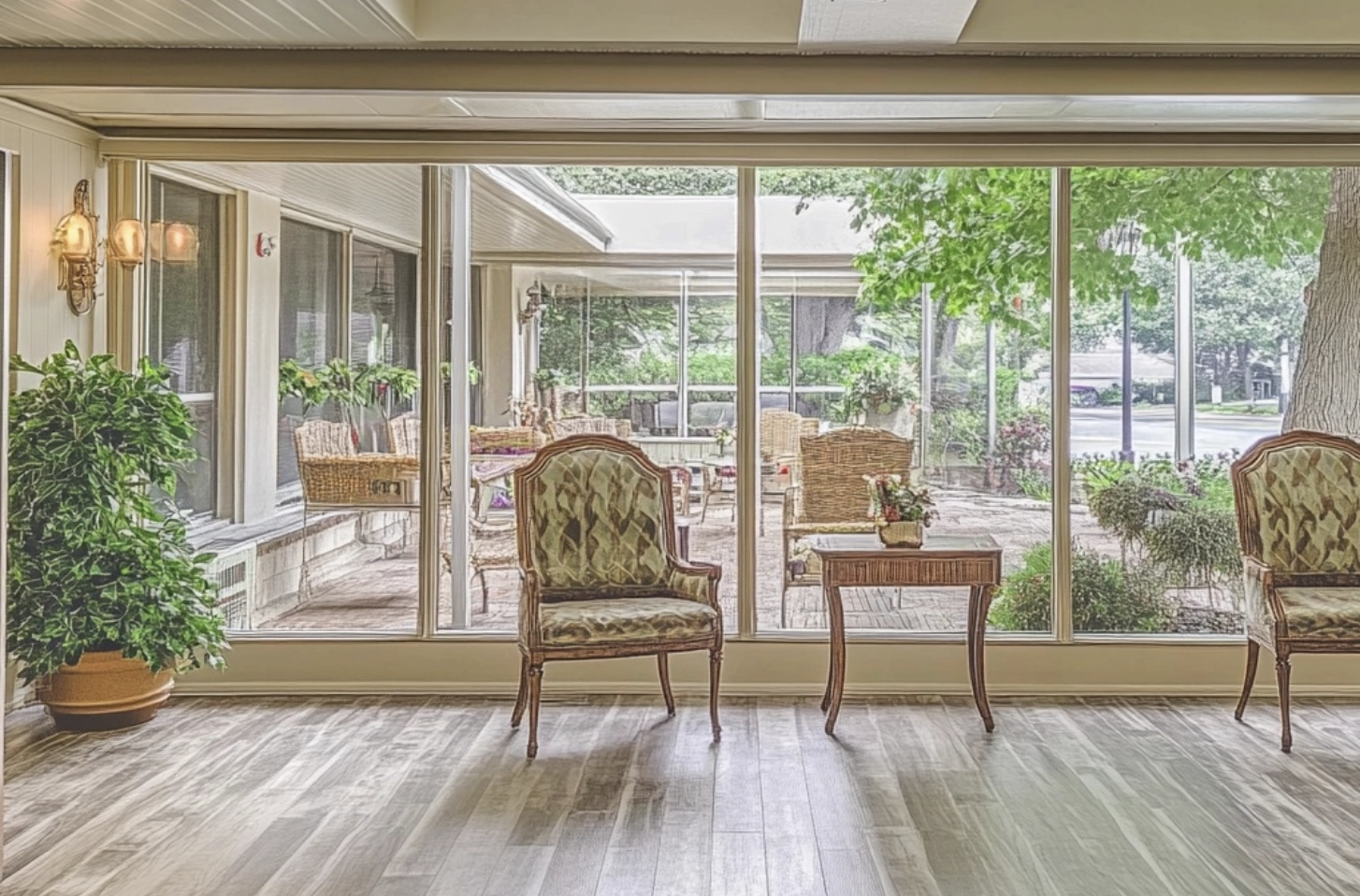Adult day care services have emerged as a vital solution for families seeking support in caring for their elderly or disabled loved ones. These programs offer a range of benefits, including socialization, health monitoring, and rehabilitation services, providing a safe and engaging environment during daytime hours. For many caregivers, adult day care centers serve as a lifeline, offering respite care and peace of mind while allowing their family members to maintain independence and quality of life.
This comprehensive guide delves into the world of adult day care, exploring its various types and key features. Readers will gain insights into the services provided, such as physical and occupational therapy, transportation, meals, and supervision for activities of daily living. The article also offers guidance on choosing the right adult day care center, considering factors like staff qualifications, facility amenities, and specialized care options for conditions such as dementia. By the end, readers will have a clear understanding of how adult day care can support both seniors and their caregivers.
Types of Adult Day Care Programs
Adult day care centers offer various types of programs to cater to the specific needs of seniors and adults with disabilities. The three main types of adult day care programs are social day care, adult day health care, and specialized day care.
Social Day Care
Social adult day care facilities provide a fun and safe environment for older adults who are moderately healthy and active. These centers offer a range of engaging activities, such as arts and crafts, musical entertainment, brain games, group outings, and gentle exercise programs. While most social day care centers are equipped with walkers, wheelchairs, and other medical devices, they typically do not offer comprehensive medical services or have medical centers available.
Adult Day Health Care
Adult day health care (ADHC) centers provide a higher level of care compared to social day care facilities. These centers offer additional support to seniors needing more intensive care for various physical ailments. The care provided in a medical senior day facility is equivalent to that found in skilled nursing facilities. ADHCs are staffed with licensed professionals, including nurses, social workers, and physical, speech, and occupational therapists, who focus on medical, preventive, and social care to improve health outcomes for high-cost / high-risk patients.
Specialized Day Care
Specialized adult day care centers, often called “memory care” or dementia care facilities, are designed to provide a safe, comforting, and joyful environment for seniors with cognitive challenges, such as Alzheimer’s disease or dementia. The staff at these facilities are trained in best practices for assisting and engaging seniors with memory loss. Some specialized day care centers also cater to younger adults with head injuries or developmental disabilities, offering tailored programs to meet their unique needs.
When considering adult day care options, it is essential to assess the specific needs of the individual and choose a program that best fits their requirements. Whether it’s socialization, medical care, or specialized support, adult day care centers provide a valuable service for seniors and their caregivers, promoting mental and physical well-being while offering respite and peace of mind.
Key Features of Adult Day Care Centers
Adult day care centers offer a range of features and services designed to support the well-being of seniors and adults with disabilities. These key features include staffing and supervision, activities and engagement, and safety and security measures.
Staffing and Supervision
Adult day care centers maintain a recommended minimum staff-to-participant ratio of one to six, ensuring adequate support and attention for each individual. The staff typically includes a center director, registered nurses or licensed practical nurses, activity staff, and program assistants. The center director oversees the smooth operation of the program, develops activities, and ensures compliance with regulations. Nurses monitor participant health, administer medications, and work with social workers to develop individualized care plans. Activity staff create and lead engaging activities, while program assistants help with daily tasks and socialization.
Activities and Engagement
Engaging activities are at the heart of adult day care programs. These activities are tailored to the needs and abilities of participants, promoting socialization, cognitive stimulation, and physical well-being. Common activities include arts and crafts, music therapy, gentle exercise programs, brain games, and group outings. Some centers also offer specialized activities for individuals with Alzheimer’s disease or dementia, such as reminiscence therapy and sensory stimulation. Engaging in these activities helps participants maintain their skills, reduces social isolation, and improves overall quality of life.
Safety and Security Measures
Adult day care centers prioritize the safety and security of their participants. They often have secure entrances and exits, ensuring that participants cannot wander off and that unauthorized individuals cannot enter the facility. Staff members are trained in safety protocols, including fall prevention, infection control, and emergency response. Many centers are equipped with assistive devices, such as walkers and wheelchairs, to support participant mobility. Additionally, some centers offer transportation services with lift-equipped vehicles, ensuring safe and accessible travel to and from the facility.
By offering a combination of professional staffing, engaging activities, and robust safety measures, adult day care centers provide a supportive and enriching environment for seniors and adults with disabilities. These key features enable participants to maintain their independence, improve their well-being, and provide respite for caregivers.
Choosing the Right Adult Day Care Center
Selecting the right adult day care center is crucial for ensuring your loved one receives the appropriate level of care and support. When evaluating potential centers, it’s essential to assess your needs, ask the right questions, and watch out for any red flags.
Assessing Your Needs
Before choosing an adult day care center, consider the specific needs of your loved one. Determine whether they require social interaction, medical care, or specialized support for conditions like dementia. Evaluating their physical, cognitive, and emotional requirements will help you narrow down your options.
Questions to Ask
When visiting potential adult day care centers, come prepared with a list of questions to ask the staff. Inquire about their operation, including:
- How long has the center been in operation?
- Is the center licensed, certified, or accredited?
- What are the days and hours of operation?
- What is the policy for late arrival or late pick-up?
Also, ask about the services provided:
- What assistance is available for eating, toileting, transfers, and medication management?
- Is specialized care provided for conditions like memory loss or traumatic brain injury?
- Are ancillary services like transportation, bathing, hair styling, dental checkups, or podiatry offered?
- Do participants have access to physical or occupational therapy?
Inquire about the activities and meals:
- What types of activities are provided, and how are participants involved in planning them?
- Are meals and snacks provided, and how are special diets accommodated?
Lastly, ask about the staff:
- What is the staff-to-participant ratio?
- What kind of training does the staff receive?
- Do volunteers supplement the staff?
Red Flags to Watch For
When touring adult day care centers, be aware of potential red flags that may indicate subpar care or an unsuitable environment. Watch out for:
- High staff turnover rates
- Limited or no social activities
- Unclean or unsanitary facilities
- Unresponsive or disengaged staff
- Lack of individualized care plans
- Inadequate safety measures or accessibility features
By assessing your needs, asking the right questions, and keeping an eye out for red flags, you can make an informed decision when choosing an adult day care center for your loved one. Remember, the goal is to find a center that provides a safe, engaging, and supportive environment that promotes their overall well-being and quality of life.
Conclusion
Adult day care services have proven to be a valuable resource for seniors and their caregivers. They provide a safe and engaging environment that promotes socialization, health monitoring, and overall well-being. By offering a range of programs tailored to different needs, from social interaction to specialized care for conditions like dementia, these centers have an impact on the quality of life for many older adults and their families. The comprehensive services and carefully designed activities help to maintain independence and cognitive function while giving caregivers much-needed respite.
When choosing an adult day care center, it’s crucial to consider the specific needs of your loved one and to thoroughly evaluate potential facilities. By asking the right questions and being aware of potential red flags, families can find a center that provides the best care and support. In the end, adult day care centers play a vital role in the senior care landscape, offering a middle ground between full-time home care and residential facilities. They give seniors a chance to stay active and engaged while allowing caregivers to balance their responsibilities and maintain their own well-being.
FAQs
- What function do Adult Day Care programs serve in long-term care? Adult Day Care programs provide a viable alternative to nursing home care for individuals who do not require round-the-clock skilled nursing. These services are particularly beneficial for working caregivers, helping them manage both their professional responsibilities and caregiving duties. They also offer respite for full-time family caregivers.
- How is Adult Day Care defined in Florida? In Florida, Adult Day Care Centers are facilities that offer therapeutic programs, including social and health services as well as activities, for adults in a non-institutional setting.
- What are the prerequisites for establishing an Adult Day Care center in Florida? To operate an Adult Day Health Care facility in Florida, you must obtain a license and a certificate of sanitation. Additionally, the facility must comply with certain requirements to accept Government Program Payers, such as Medicaid under the 1915c Waiver.
- What does the term “Adult Day Care” encompass according to quizlet? Adult Day Care (ADC) refers to a daytime group program designed to cater to the needs of adults who are functionally and/or cognitively impaired. It aims to provide partial respite to family caregivers, offering a supportive environment for the adults during the day.












